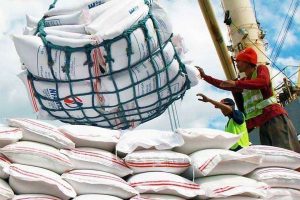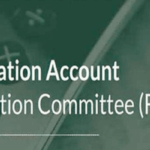
Opposition Congressmen on Tuesday called on President Ferdinand R. Marcos, Jr., calling them short-sighted and urging comprehensive reforms to strengthen the country's agriculture and food sector.
Deputy Minority Leader and party-list representative Antonio L. Tinio said that the Marcos administration's EO No. 100 and No. 101 lacked strength and lacked in empowering the government to meaningfully support the rice industry.
,[They are] “Nothing but empty rhetoric that fails to address the root cause of our agricultural crisis,” he told a news briefing in Filipino.
EO No. 100 will set a yet-to-be-determined regional minimum price for unmilled rice, while EO No. 101 directs all government agencies, state universities and local governments to purchase food directly from recognized farm and fishermen cooperatives.
In mid-October, the Department of Agriculture reported the average price of locally milled rice to be P42.72 per kilo, while the average price of regular milled rice was P37.30. Local special rice averaged P56.92 per kilo.
“If the government really wants to lower the price of rice, it should strengthen local production and directly procure palay at a reasonable price of at least P20 per kilo,” Mr. Tinio said.
He cited the government's lack of rice mills and storage facilities, saying the executive orders would not be effectively implemented. He said there is also “no explicit order to purchase palay” under the order to local government units.
The Marcos administration should instead focus on restoring the government's ability to buy rice directly from producers, an authority that was revoked under a 2019 law liberalizing the rice industry, Mr. Tinio said.
“The real and immediate solution is to scrap the rice liberalization law and bring back the regulatory powers of the National Food Authority, its mandate and budget to buy paddy directly from farmers at fair prices,” he said.
Party-list representative Sarah Jane Elago said the government should oblige local governments to purchase at least 20% of locally grown palay production directly from farmers, while also allocating state funding for agricultural subsidies aimed at supporting the development of the industry.
“These are the things we've been waiting for,” he said at the same briefing. , Kenneth Christian L. basilio










